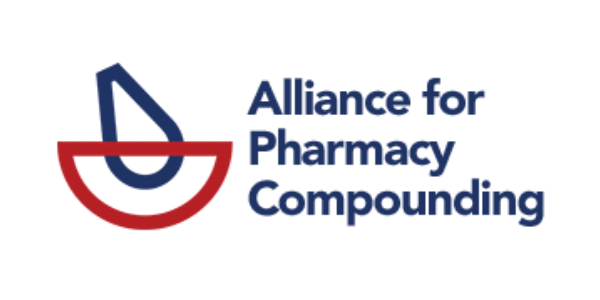
Industry Changes to HCG Access (2022)
Due to new FDA regulations, access to compounded HCG is now extremely restricted and is likely to stop altogether.
This means an already low supply of commercial HCG will become limited as more and more patients are forced to rely on expensive, brand-name medication.
Unfortunately, this is an industry-wide issue, and all clinics, providers, pharmacies, and patients are expected to experience the effects at some point.
Are there any compounded HCG alternatives?
Depending on your state and your reason for taking HCG, you may have options available.
You may be able to access brand-name HCG depending on local availability or you may choose to replace your HCG with another effective medication to treat your symptoms or achieve your goals.
What Regulations are Affecting HCG Access?
This change actually happened 10 years ago under the Biologics Price Competition and Innovation Act of 2009 (BPCIA), which took effect on March 23, 2020.
This regulation reclassified HCG along with several other medications as biologics, or medications that are manufactured in, extracted from, or synthesized from biological sources. Compounded pharmacies currently cannot compound biologics according to sections 503A and 503B of the Federal Food, Drug, and Cosmetic Act.
With this reclassification, compounding pharmacies are no longer able to offer a compounded option for HCG. Brand-name HCG can still be produced, but the production of these products is struggling to meet the demand that compounded HCG once served.
HCG and TRT: Why is HCG often included in a TRT protocol?
Human Chorionic Gonadotropin, abbreviated as HCG, is a naturally occurring hormone found in both men and women. HCG performs many different functions throughout the body.
HCG for men mimics the effects of Luteinizing Hormone (LH), which stimulates the testicles to release testosterone. HCG can be supplemented for many different reasons, including as a treatment for hypogonadism and low sperm count.
For men on Testosterone Replacement Therapy (TRT), HCG injections are often prescribed to combat the testicular shrinkage that can occur as a result of a TRT protocol. In this way, TRT and HCG injections can work together to provide a synergistic treatment plan.
The reason men on TRT can experience testicular atrophy is because the body recognizes that it’s receiving testosterone from an external source, so it shuts down its own natural production. This is a normal biological reaction that occurs with many different medications and supplements. When the testes stop producing testosterone, they typically go dormant, which can lead to testicular shrinkage and testicular atrophy.
When you supplement with the HCG hormone, the testes are stimulated to continue producing testosterone, which means they do not go dormant.
This is also helpful if you ever plan to stop your TRT protocol, because your testes will still be active and producing testosterone (though you will likely experience a return of the low-T symptoms that made you start TRT in the first place).

Navigating HCG Access with Defy Medical
Defy Medical is committed to guiding our patients through the changing regulatory landscape and providing safe and effective access and options. It’s important to work with an experienced provider during this time, to make sure your protocol is effective for you.
We have created protocols to help our patients access medications to address concerns like testicular atrophy, low libido, fertility, and others.
Want to learn more?
Get Started



